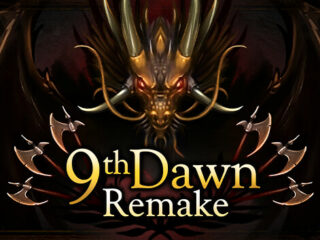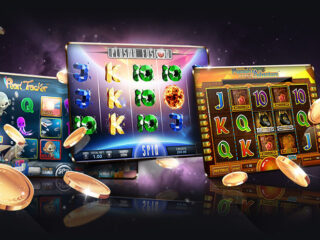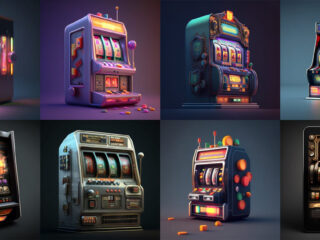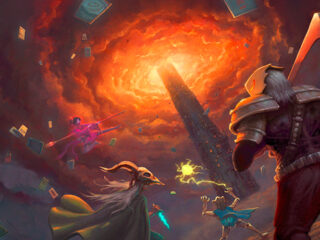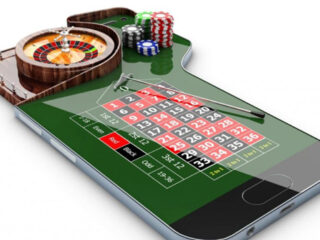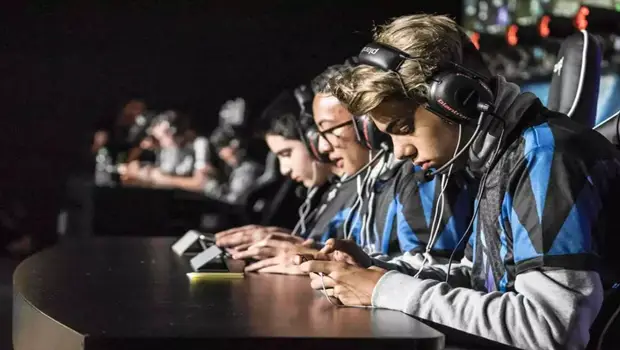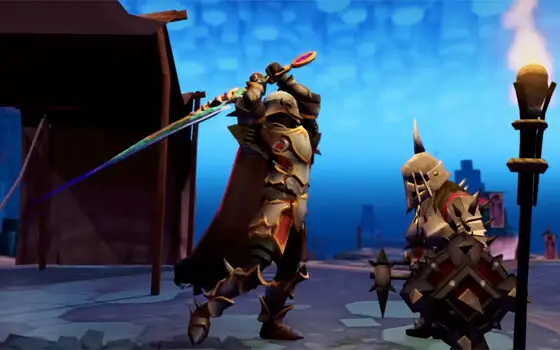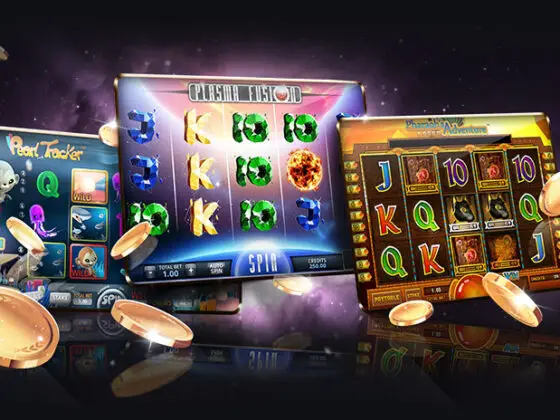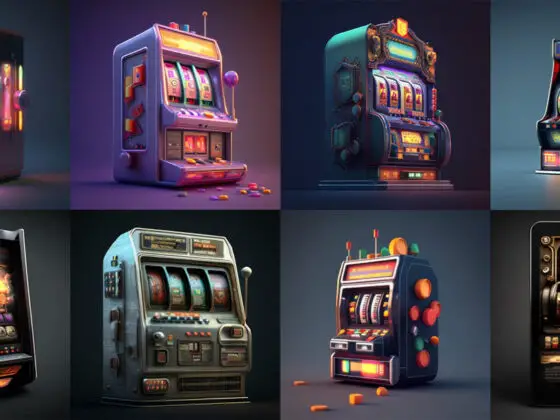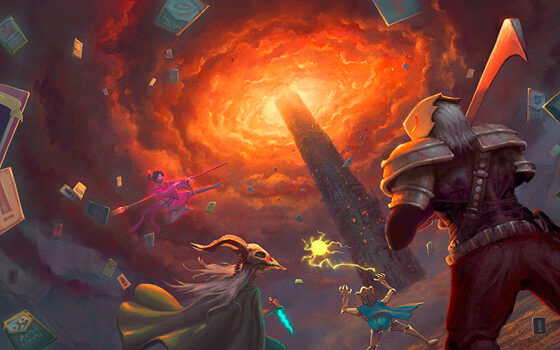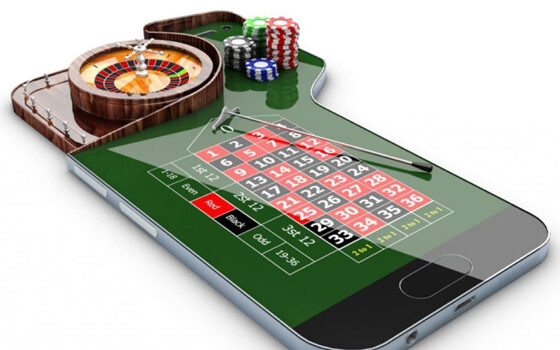In the dynamic world of digital entertainment, the definition of eSports has evolved. Once dominated by PC and console games, the arena now sees an influx of mobile gaming matches. But can these mobile gaming competitions truly be regarded as eSports? This revolution, powered by the accessibility of smartphones, has sparked a debate: Are mobile gaming matches legitimate contenders in the realm of eSports? This discussion is not just academic, it’s foundational to how we perceive, value, and engage with competitive gaming at all levels.
Competitive Gaming Dynamics
Mobile gaming has surged in popularity, thanks to its accessibility. Smartphones, a ubiquitous presence, allow millions worldwide to engage in gaming, transcending the limitations of expensive gaming rigs and consoles. Titles like “PUBG Mobile,” “Mobile Legends,” and “Clash Royale” have established massive communities, hosting tournaments with substantial prize pools. For instance, the “PUBG Mobile Global Championship” boasts a prize pool exceeding $2 million, showcasing the serious investment and interest in mobile gaming at a competitive level.These games demand high levels of skill, strategic thinking, and teamwork, making them the gold standard for what competitive gaming can offer. Amidst this landscape, mobile games are carving out their niche, prompting us to reconsider what qualifies as an esport. For enthusiasts seeking to explore this burgeoning sector, resources like bet365 poker bonus code offer a gateway to understanding betting dynamics in competitive gaming, illustrating the intersection of enthusiasm and analysis in esports.
Mobile Gaming vs. Traditional eSports
The core of the debate lies in the distinction between mobile gaming and traditional eSports. Critics argue that mobile games, often seen as casual or less complex, lack the depth and skill ceiling of their PC/console counterparts. However, this perspective overlooks the increasing sophistication of mobile games. Many now offer gameplay depth and strategic complexity comparable to PC games, demanding high skill levels, strategic thinking, and teamwork.
Moreover, the infrastructure supporting mobile eSports mirrors that of traditional eSports. There are professional teams, coaches, analysts, and a growing ecosystem of tournaments and leagues. Platforms like Twitch and YouTube stream mobile gaming events to millions, indicating a robust audience engagement and a thriving community.
Consider the “Free Fire World Series,” organized by Garena. This tournament not only attracted millions of viewers worldwide but also highlighted the game’s strategic depth and the high skill level of the players. Such events underscore mobile gaming’s potential to produce competitions as intense and engaging as those found in traditional eSports.
Accessibility Matters
The accessibility of mobile gaming also democratizes the eSports landscape. It opens the door for a broader range of participants, from regions where PCs and consoles might not be as readily accessible. This inclusivity enriches the competitive scene, introducing fresh talent and diverse strategies.
However, challenges remain. The perception of mobile gaming as inherently casual persists, potentially undermining its legitimacy in the eyes of some eSports purists. Additionally, issues such as device performance and network stability can impact the fairness and quality of competition, areas where mobile gaming must evolve to match the standards set by traditional eSports platforms.
Conclusion
In conclusion, the question of whether mobile gaming matches can be considered true eSports is complex. Yet, the evidence leans towards an affirmative. The competitive depth, community engagement, professional infrastructure, and significant financial investments in mobile gaming tournaments are hallmarks of established eSports ecosystems. As mobile games continue to evolve in complexity and reach, they undeniably carve out their rightful place within the broader eSports arena. Thus, dismissing mobile gaming as outside the eSports realm overlooks its significant contributions and the dynamic, inclusive future it heralds for competitive gaming.
